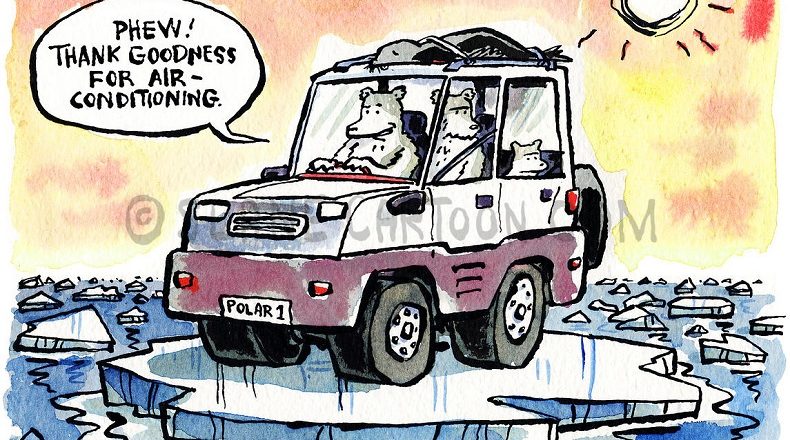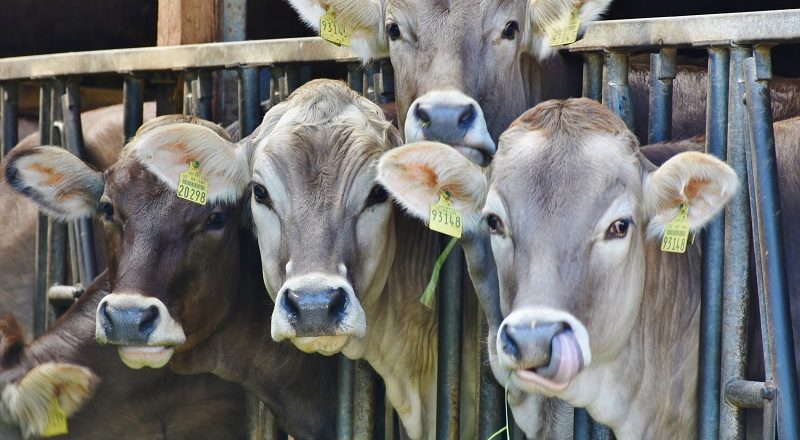
Climate change: no meat? Better no SUVs
Eliminating meat from diet is not equivalent to being more sustainable, because the environmental impact of our lifestyles and consumption must be seen as a whole. Pointing the finger only to a single aspect is not effective.
The starting point for reflection comes from a recent publication in the Corriere della Sera: “Record-breaking SUVs: sales and pollution”, in which frightening purchasing trends of these large and impactful cars emerge. There were 35 million Sport Utility Vehicles (SUVs) in 2010, while today there are 200 million and represent 40% of annual vehicle sales on the planet.

Perhaps positive for the automotive industry, but negative for the environment. An automobile of this type consumes a quarter more energy than medium-small vehicles and, if the current sales rhythm persists, in 2040 it will take 2 million more barrels of oil every day to circulate them, that is the equivalent fuel (and emissions) savings achieved with 150 million electric cars.
In the last decade, #SUVs have been the second most responsible for the increase in #GHGs #emissions. Click To TweetIn the last decade, SUVs have been the second most responsible for the increase in greenhouse gases emissions. From the sustainability point of view, therefore, even if there are people saying that a vegetarian with SUV pollutes less than an omnivore, it is much better for the environment to consume the quantities of meat recommended by the Mediterranean Diet model than the possession of a SUV.
In fact, while the transport sector, together with that of energy production, remains by far the most responsible for greenhouse gas emissions (70-80% of the total), we recall that the overall ones of the livestock sector are estimated at around 7 billion of tons per year, approximately 14% of the emissions due to all human activities (Gleam data, FAO project).
It is much better for the #environment to consume the quantities of #meat recommended by the #MediterraneanDiet model than the possession of a #SUV. Click To TweetEnvironment has little space even in the hearts of fanatics of air conditioners, who keep almost always them on and at too low temperatures. Air cooling requires large quantities of energy: according to the International Energy Agency, currently all the air conditioners put together absorb 2 thousand terawatt hours per year, with a consequent emission of carbon dioxide equal to 12% of all that released into the atmosphere annually.

The request is not to suffer the heat to be greener, but to use the air conditioner in moderation, remembering that the maximum difference between the external and internal temperature must not exceed 7°C: set it to 20°C (or even 18) as many do, it is not sustainable.
After all, believing you are sustainable because you choose tofu, seitan and quinoa instead of meat while driving over two-ton cars with air conditioning at full blast, when it comes to green choices can be a little misleading.
Believing to be #sustainable choosing #tofu, #seitan and #quinoa instead of #meat while driving over two-ton #cars with #AirConditioning at full blast is not that #green. Click To Tweet




